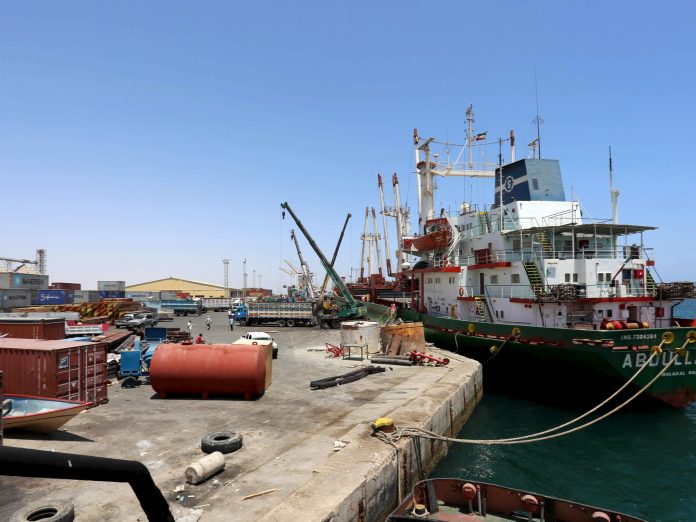The Arab League issued a statement on Sunday announcing the convening of an emergency virtual ministerial meeting to discuss tensions between Somalia and Ethiopia.
Hossam Zaki, deputy secretary-general of the Arab League announced that the regional organisation will hold the meeting on January 17, according to the official Egyptian news agency MENA.
The topic of the meeting will be to review the implications of the “illegally” signed agreement between Ethiopia and Somalia’s breakaway region of Somaliland, granting Addis Ababa operational privileges in northwestern Somalia’s Red Sea region.
Zaki added that Morocco would chair the meeting. The decision to convene the meeting was made at the request of Somalia with the support of 12 Arab countries. He also expressed full unanimity and support for Somalia’s position.
Somali Prime Minister Hamza Abdi Barre said on Saturday that the memorandum of understanding (MoU) is “null and void”. He also warned Ethiopia against interfering in Somali territories.
Somali President Hassan Sheikh Mohamud threatened to use all means to prevent Ethiopia from reaching the sea at the expense of territory that Somalia considers its own. On 7 January, he signed a law “annulling” the port pact between Ethiopia and Somaliland.
Ethiopia and Somaliland held talks on January 8 to promote military cooperation, the Ethiopian National Defence Force (ENDF) said.
Somaliland, which declared independence from Somalia in 1991, has allowed Ethiopia to use its shores for commercial and military purposes under a Memorandum of Understanding signed on 1 January, including the strategic port of Berbera on the Red Sea.
Somaliland announced that Ethiopia would recognise it as an independent state upon completion of the agreement. In response, hundreds of people in Somalia held protests against Ethiopia, including several prominent Somalis.
Ethiopia lost its Red Sea ports in the early 1990s after Eritrea’s war of independence, which lasted from 1961 to 1991.
In 1991, Eritrea gained independence from Ethiopia, resulting in two separate states. As a result of the separation, Ethiopia lost direct access to the Red Sea and key ports. Since then, Ethiopia has been landlocked, affecting its ability to conduct effective maritime trade.
